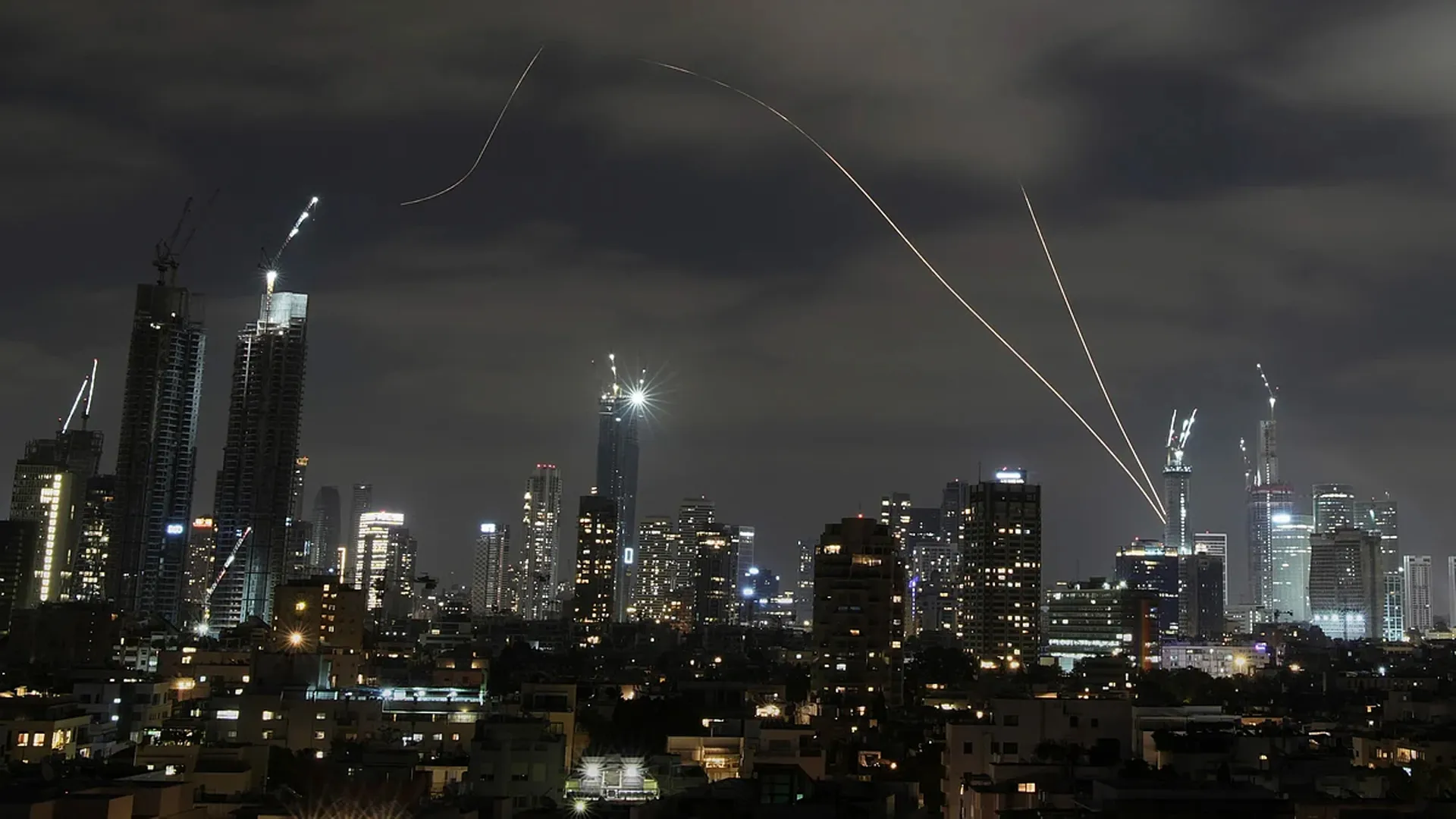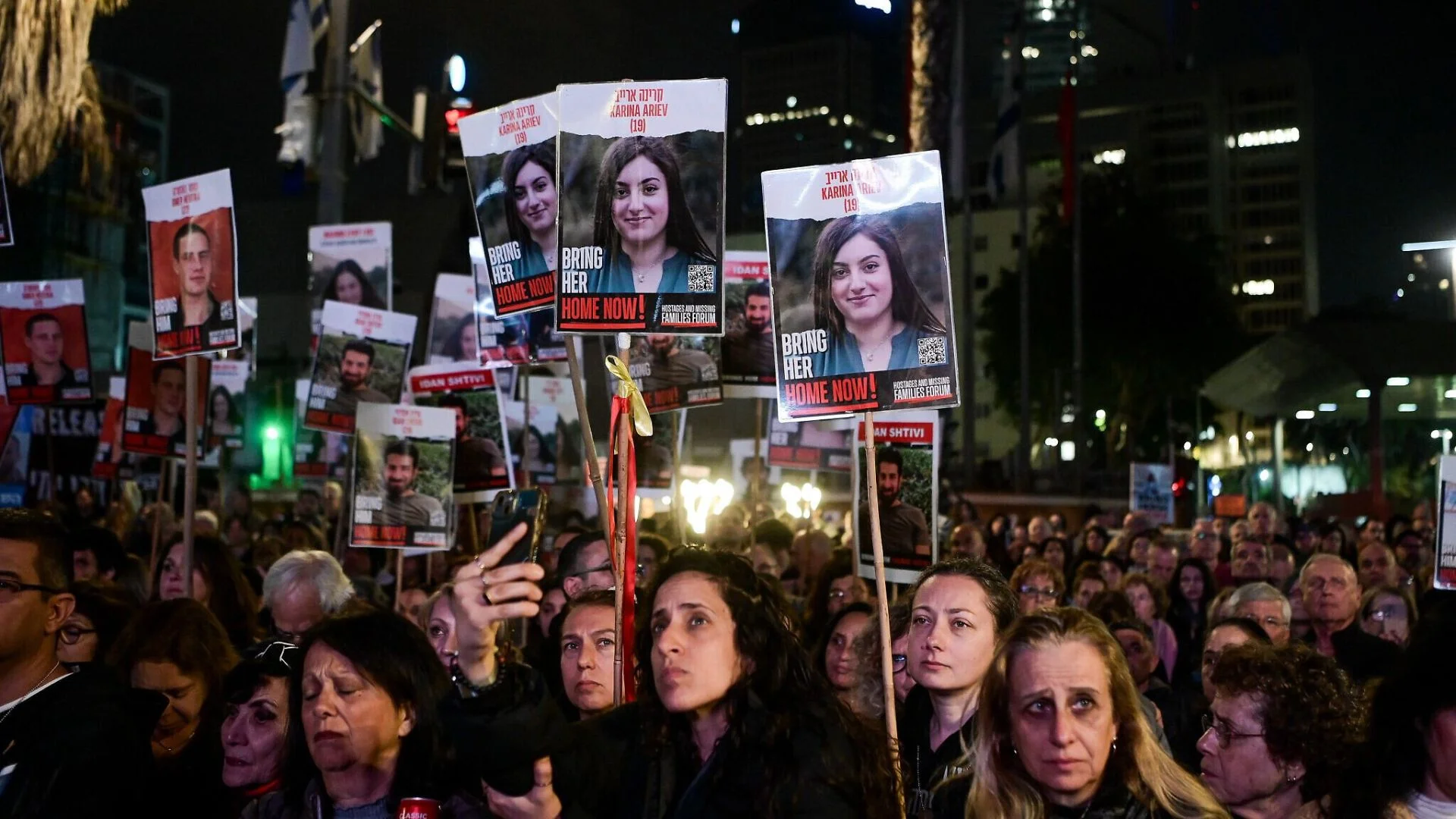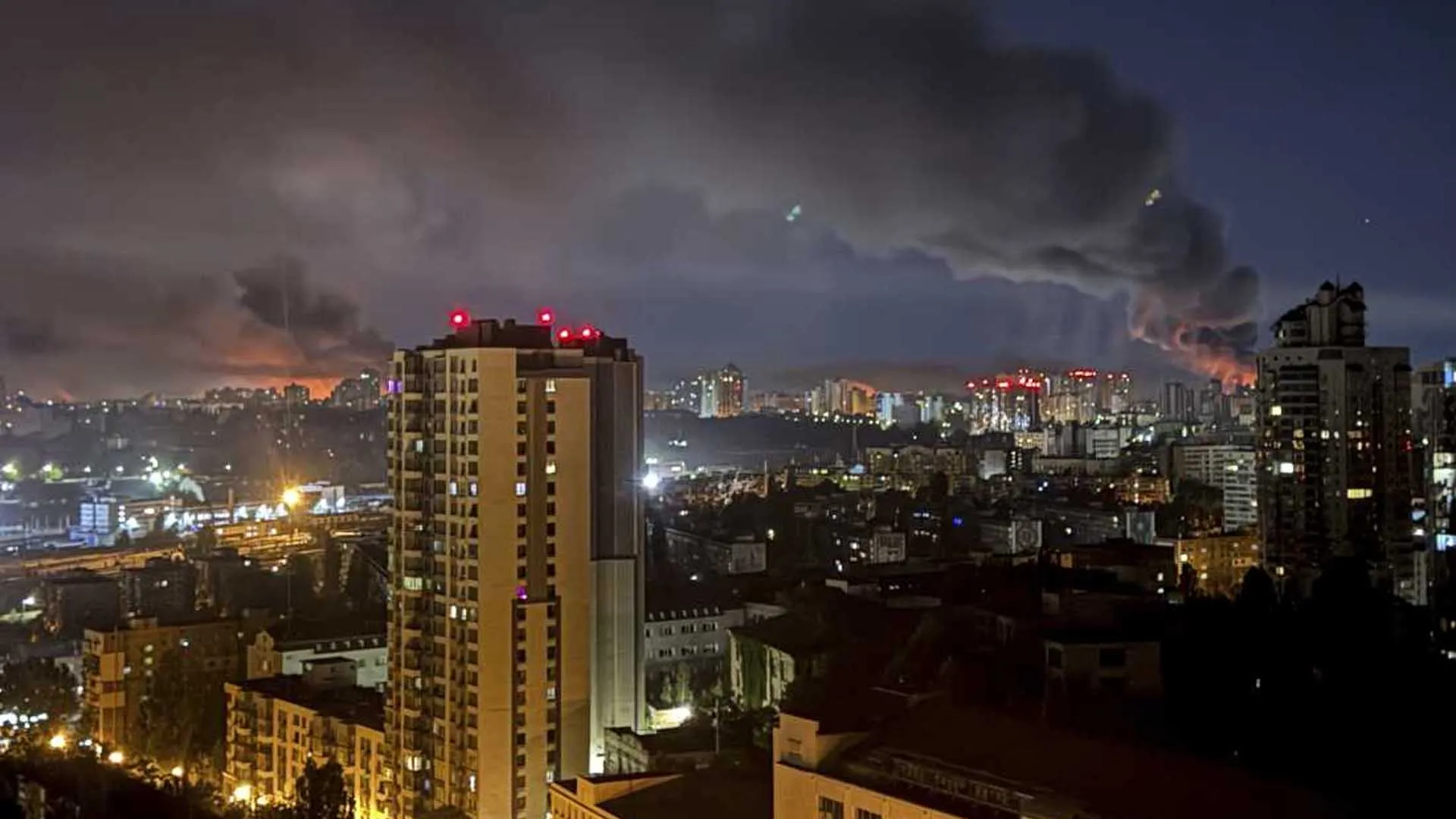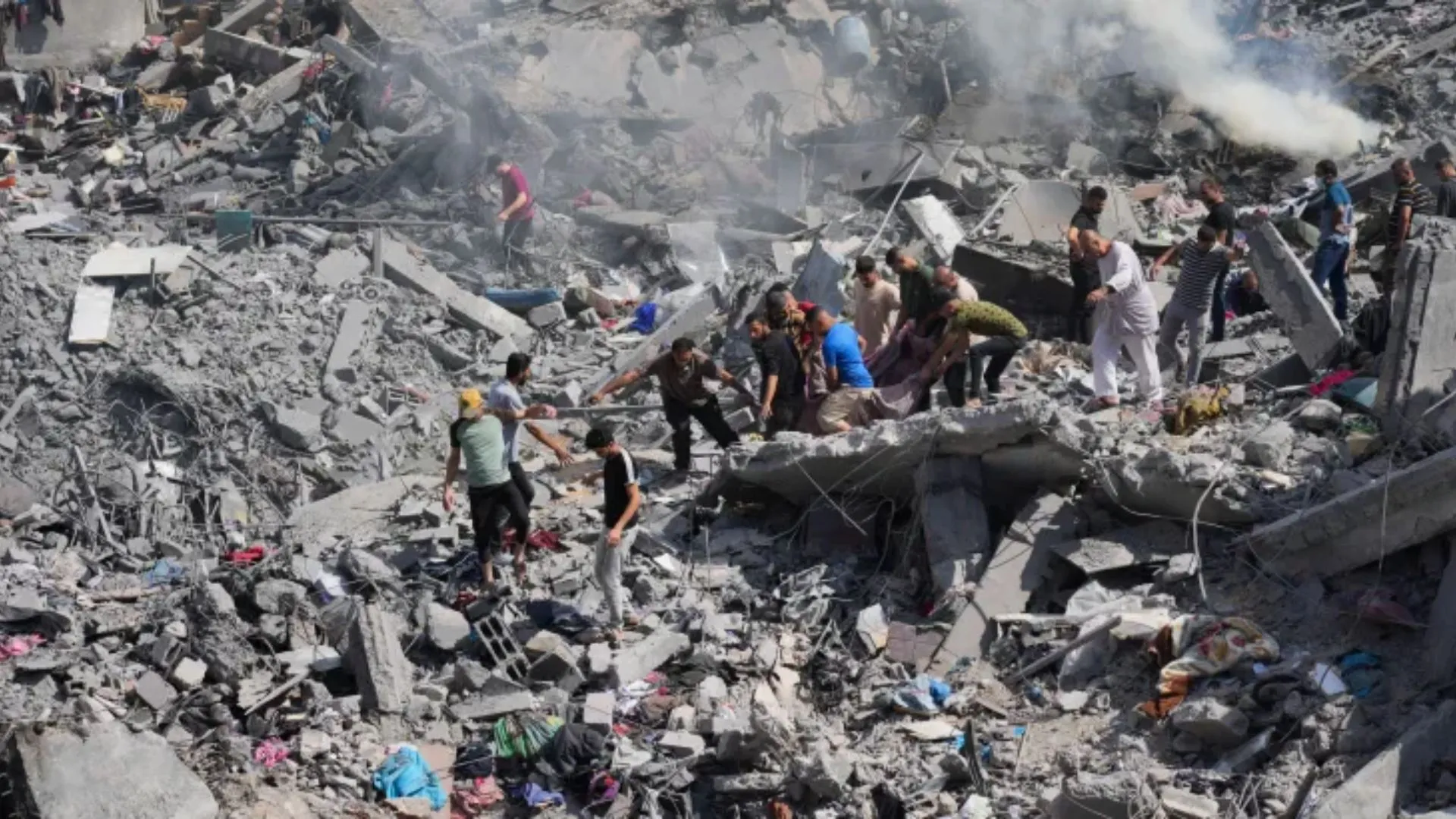The Israel Defence Forces (IDF) announced that the Israeli Air Force and Navy intercepted more than 20 unmanned aerial vehicles (UAVs) launched from Iran within a single hour on Sunday, intensifying the already volatile conflict. The IDF also released video footage on its official X account showing multiple drones being shot down.
“In the past hour alone, the Air Force intercepted approximately 20 UAVs launched toward Israeli territory,” read the IDF’s statement. The footage showed precise air defense operations as Israeli forces took down Iranian drones mid-air.
Earlier in the day, Israeli forces intercepted at least seven more drones over the Mediterranean Sea and the Negev region, according to official reports.
This escalation followed a strong warning from Israeli Prime Minister Benjamin Netanyahu, who stated that Iran would pay a “very heavy price” for the deaths of Israeli civilians, including women and children.
חיל-האוויר יירט בשעה האחרונה כ-20 כלי טיס בלתי מאוישים ששוגרו לעבר שטח הארץ pic.twitter.com/3FJU8rFto2
— Israeli Air Force (@IAFsite) June 15, 2025
Trade Fears Loom as Conflict Reaches Day 3
The conflict, now in its third day, is creating global concerns over potential disruptions to energy trade. Analysts warn that key maritime chokepoints like Kharg Island—Iran’s main oil export terminal—and the Strait of Hormuz are vulnerable to attacks. The Strait handles 21% of the world’s LNG and sees the daily passage of around 14 million barrels of crude oil.
The situation worsened after Israel reportedly struck Iran’s South Pars gas field—the largest in the world—reducing Iran’s daily gas output by 12 million cubic meters. The attack adds pressure on Iran, which is already grappling with one of its worst energy crises in decades.
Iran’s Energy Sector Under Threat
Iran’s economy is losing an estimated $250 million daily due to gas shortages and frequent blackouts, according to the Iran Chamber of Commerce. The government has responded with austerity measures, cutting power to homes and industrial zones.
“Attacking Iran’s energy infrastructure will be a disaster because repairing it will be costly and take time,” said Abdollah Babakhani, an Iranian energy expert based in Germany.























